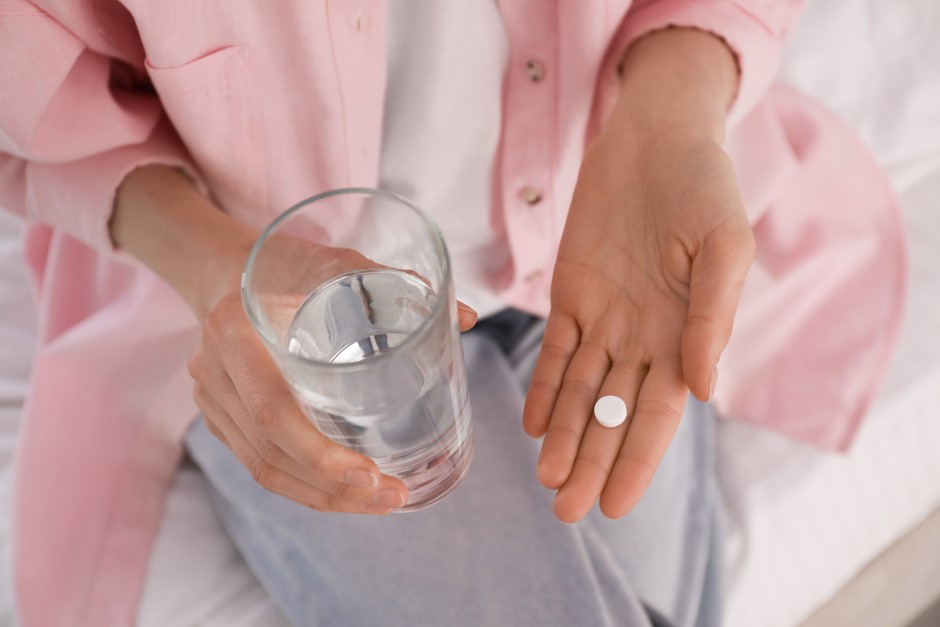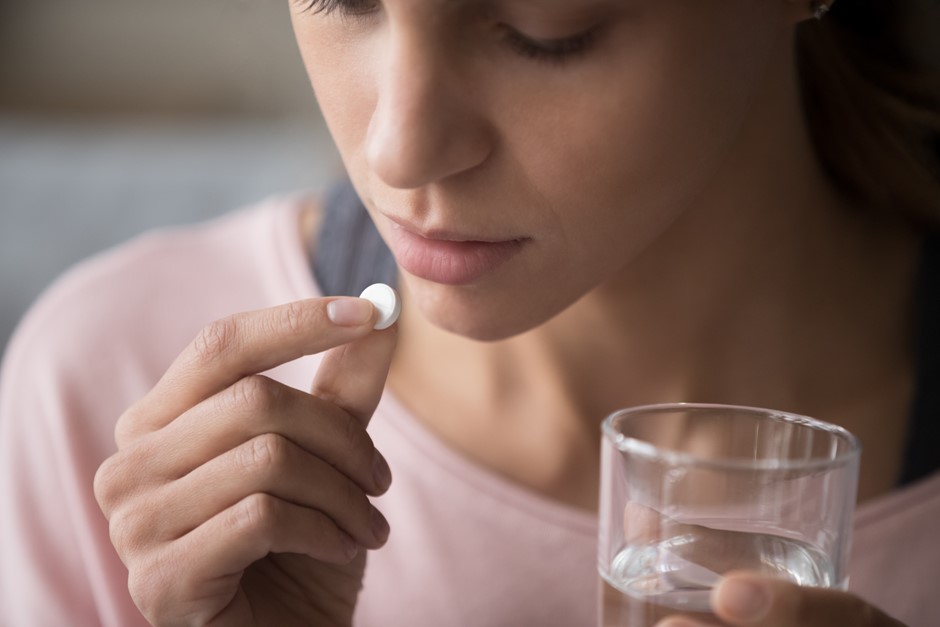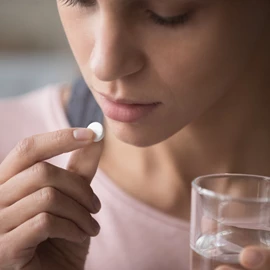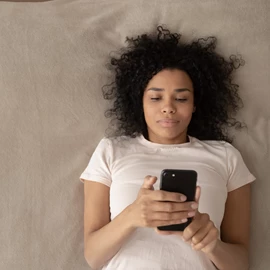Emergency Contraception
Emergency contraception is the term used to describe forms of contraception that can be taken to try and prevent pregnancy after sex in situations where other contraception has either failed or not been used at all.
There are two options for emergency contraception: the morning after pill and the intrauterine device (IUD). An IUD can be used as your regular method of contraception after insertion, but the morning after pill is only meant to be used as an emergency contraceptive. Here, we’ll be discussing emergency contraceptive pill information. Find out more about the IUD here.
What is the morning after pill?
The morning after pill, also known as emergency hormonal contraception (EHC), is a single tablet that should be taken as soon as possible after unprotected sex, or the failure of a contraceptive method, to prevent pregnancy.
What does the morning after pill do?
The morning after pill is designed to prevent pregnancy, it is not an abortion pill and therefore does not work to terminate an existing pregnancy. The morning after pill will not be effective if the ovulation has already occurred or if an egg has already been fertilised. It is important to note that taking more emergency contraception tablets than recommended is not going to cause an abortion and doesn't improve the effectiveness.

How does the morning after pill work?
There are two main types of morning after pill available. They work in different ways, so it’s important to know which one you’re about to take:
- Levonorgestrel (such as LoviOne)
- Ulipristal acetate
The levonorgestrel-based pill is an emergency contraceptive containing the active ingredient levonorgestrel, which is a synthetic version of progesterone. Levonorgestrel works by delaying or preventing the release of an egg.
The ulipristal acetate-based pill does the same thing, but using the active ingredient ulipristal acetate instead of levonorgestrel. Ulipristal acetate binds to the progesterone receptors in your body so progesterone itself cannot bind. This in turn delays or prevents the release of an egg.
Whether you use levonorgestrel or ulipristal acetate-based emergency contraception, it won’t protect against pregnancy going forward. This means that you may be at risk of getting pregnant if you have unprotected sex again after you have taken the emergency contraceptive pill. You should ask your pharmacist or doctor about the best regular contraception for you.
The morning after pill isn’t intended for regular use and should only be used in emergencies. If you use LoviOne more than once during a menstrual cycle, it could be less effective and is more likely to upset your periods. When you access the pill, you can ask for advice on types of contraception if your current method isn’t working for you.
How to take the morning after pill
It’s best to take the morning after pill as soon as possible after having unprotected sex, but the window in which you can take it is different depending on the type of pill you choose. The levonorgestrel-based pill must be taken within 72 hours (3 days) of sex in order to be effective. The ulipristal acetate-based pill, on the other hand, can be taken up to 120 hours (5 days) after sex.
A pharmacist or doctor will advise you on which pill you can take when you access emergency contraception. They will also be able to provide you with more morning after pill information so you can make an informed decision.
Once you have taken the morning after pill, you’ll need to continue your regular contraceptive method. How you do this varies depending on the pill you took and which contraceptive method you usually use. Speak to your pharmacist or doctor for more information.

Who can take the emergency contraceptive pill?
The majority of women can take the morning after pill - even some of those who can’t normally use hormonal contraception. However, there are some circumstances in which you may not be able to take the emergency contraceptive pill.
These include if you think you may be pregnant already, being allergic to any of the ingredients, suffering from some specific diseases, or taken any medications in the last 14 weeks that impact its effectiveness, such as:
- Barbiturates and other medicines used to treat epilepsy (for example, primidone, phenytoin, and carbamazepine)
- Medicines for HIV (ritonavir, efavirez)
- Medicines to treat fungal infections (griseofulvin)
- Herbal remedies containing St John's wort
Ulipristal acetate may also make regular hormonal contraceptives, like pills and patches, less effective.
Always talk to your doctor or pharmacist about all of the medicines you are taking or any health concerns before taking an emergency contraceptive pill.
If you’re a breastfeeding mother, levonorgestrel may be suitable for you to take. Small amounts of the hormone levonorgestrel may pass through the milk to your baby. It is recommended that you take your tablet immediately after breastfeeding and avoid nursing for at least 8 hours after taking levonorgestrel and drain away your milk to reduce the amount of ingredient passed in the next feed. There is less research on the ulipristal acetate-based pill’s safety when breastfeeding. It is recommended to not breastfeed for at least a week after taking the ulipristal acetate pill and to discard any expressed milk in this time.
Common side effects of the morning after pill
Like all medicines, the emergency contraceptive pill can cause some side effects, however not everyone will experience them. Some of the side effects that you may experience include:
- Nausea or vomiting
- Pain in the abdomen
- Headaches
- Changes to your next period
If you are sick within 3 hours of taking the morning after pill, you should seek medical advice as you may need to take an additional dose of emergency contraception, or you could consider having an IUD fitted in order to prevent pregnancy.
You should also get medical help if you:
- Experience sudden pain in the lower abdomen (this could be a symptom of an ectopic pregnancy)
- Think you might be pregnant
- Have a heavier or lighter next period than usual
- Have your next period more than 5 days later than expected
If you have any questions about emergency contraception, speak to a healthcare professional.




